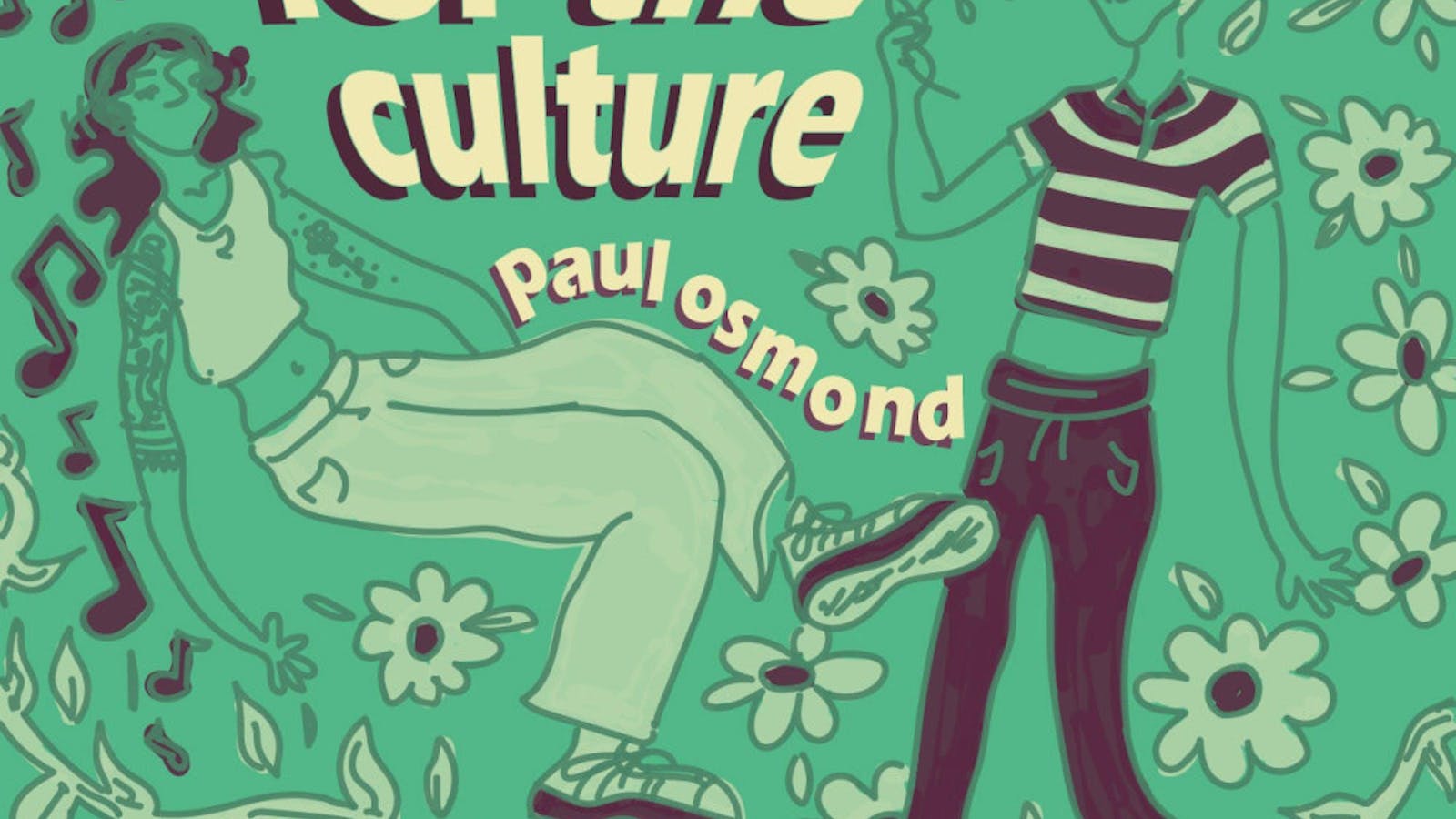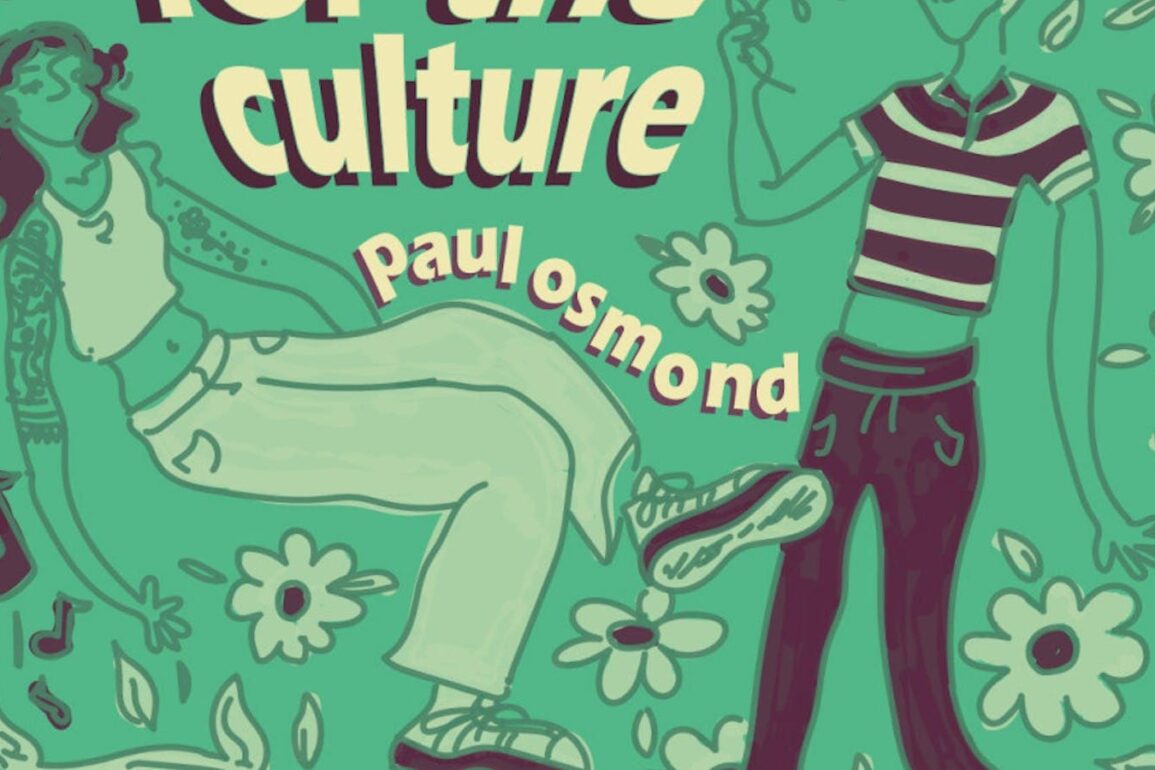
In the late 1990s and early 2000s, Missy Elliott, Lauryn Hill and Lil’ Kim deconstructed barriers that negated the artistic expression of female rappers in mainstream hip-hop music. In their records, the trifecta explicitly and implicitly subverted patriarchal binaries. Fundamentally, these rappers envisioned liberation through the expression of female sexuality, romance and emotions. For instance, Hill, throughout her revolutionary project, “The Miseducation of Lauryn Hill” (1998), regularly embraces emotional vulnerability in romance. In her cover of Frankie Valli’s “Can’t Take My Eyes Off You” (1967), she sings “Pardon the way that I stare / There’s nothing else to compare / The sight of you leaves me weak / There are no words left to speak.” Until the emergence of Hill, Elliott and other female rappers during this era, explicit indications of sexuality or emotional vulnerability in mainstream hip-hop were reserved for male rappers.
Today, female rappers have readily embraced the sexual liberation that Hill, Kim and Elliott pioneered in the early 2000s. Cardi B and Megan Thee Stallion’s “WAP” (2020) samples “Whores In This House” (1992) by DJ Frank Ski. The two rappers describe their sexual fantasies in graphic detail: “Gobble me, swallow me, drip down the side of me / Quick, jump out ’fore you let it get inside of me.” Although the song generated immense controversy online, many praised the song for its open demonstration of female empowerment. Debuting at No. 1 on the Billboard Hot 100 charts, “WAP” was an immense commercial success.
However, many conservative listeners disparaged the record for promoting offensive sexual depravity. Reflecting the increasing public denigration of female rappers today, the social fallout from the record generated questions about the appropriate presentation of female sexuality in music. Even though many of these female artists state that their records promote sexual liberation, female empowerment and emotional vulnerability, some listeners suggest that the records encourage the oversexualization and degradation of women. Moreover, many critics question the impact on Black female youth who may idolize female rappers. Cardi B and Megan rap about their affairs as adult women: Can these rappers really be faulted for parents’ failure to monitor the media consumption of their children?
Fundamentally, with most female hip-hop artists being Black, the condemnation of female sexual freedom in mainstream hip-hop is misogynoir. Historically, Black female sexual expression was controlled, confined and stigmatized. Today, public attempts to censor the work of Black female artists reflect an effort to resurrect patriarchal confines on Black female sexuality. Black female rappers, like Cardi B and Megan Thee Stallion, vigorously subvert patriarchal attempts to regulate Black female sexual freedom through the active expression of sexuality in their records.
This post was originally published on this site be sure to check out more of their content.









